- Undergraduate
Bachelor's Degrees
Bachelor of ArtsBachelor of EngineeringDual-Degree ProgramUndergraduate AdmissionsUndergraduate Experience
- Graduate
Graduate Experience
- Research
- Entrepreneurship
- Community
- About
-
Search
Research Quick Takes
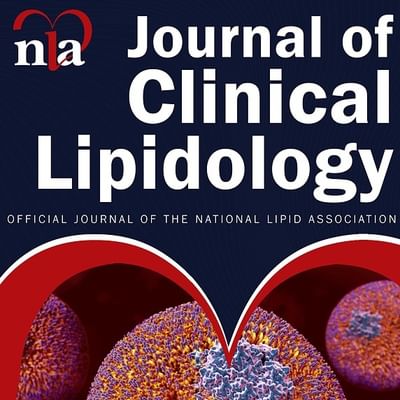
Apr 24, 2025
Machine Learning + Human Expertise
Professors Vikrant Vaze and Peter Chin are co-authors of "Implementation of a Machine Learning Model and Direct-to-Patient Outreach Program for Targeted Screening for Familial Hypercholesterolemia" published in Journal of Clinical Lipidology. "Machine learning by itself may not make a big difference," says Vaze. "The difference is what you do with the results. Ultimately, the combination of expert knowledge and careful operationalizing of machine learning can make a major practical impact."

Apr 17, 2025
Poster Session Award Winner
PhD student Prabhat Hegde was one of four to be recognized at the Guarini Graduate Student Poster Session for the clarity, accessibility, and engagement of his presentation titled, "Considering Retreat Can Lead to More Robust Adaptation Strategies in Nourishment-Dependent Coastal Communities." Each winner received a $200 prize.
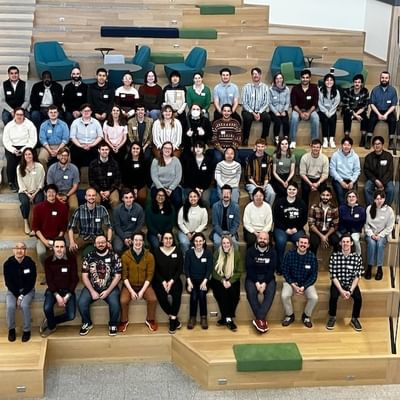
Mar 27, 2025
Numerical Modeling Workshop
Professor Hélène Seroussi—along with Earth Sciences Professor Mathieu Morlighem, and Academic Cluster Initiative Program Coordinator Amy Flockton—organized and hosted the Ice-sheet and Sea-level System Model (ISSM) Workshop at Thayer. "The workshop was attended by about 60 participants and sponsored by Dartmouth's Changing Polar Regions Academic cluster and NASA's Earth Surface and Interior Program," said Seroussi.
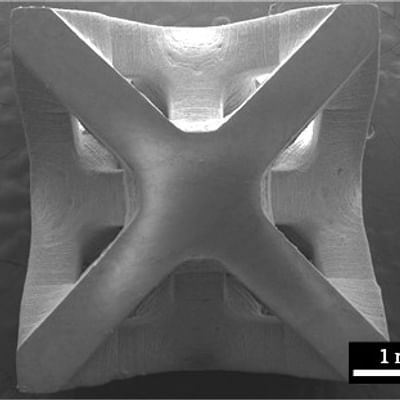
Mar 20, 2025
Novel Piezo-Composites
PhD students Huan Zhao, Ya Tang, and Xiangbei Liu, undergraduate students Andrew Kim and Jace Henry, and Professor Yan Li co-authored "High-temperature piezoelectric composites with enhanced structural integrity" published in Ceramics International. "This article reports a novel piezoelectric composite that can increase the temperature limit to 500°C while maintaining good structural integrity and mechanical performance. This innovative piezo-composite opens new possibilities for sensing, energy harvesting, and actuation in high-temperature environments," said Li.
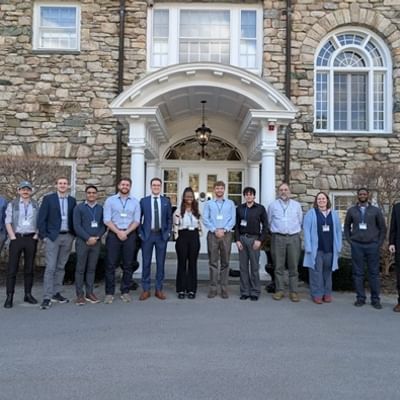
Mar 13, 2025
NEAAPM Symposium Winners
Jacob Sunnerberg and Conner Ubert, PhD candidates in the Medical Physics Education Program, respectively won first and second place at the New England chapter of the American Association of Medical Physicists Early Career Symposium. They were one of eight Dartmouth students and researchers to compete in the Early Investigator Competition.

Feb 27, 2025
Early Detection of Internal Bleeding
PhD student Navid Rashedi (pictured), Professor Ethan Murphy, Alexandra Hamlin '16 Th'17 Th'19, research associate Victor Borza, and Professors Jonathan Elliott, Ryan Halter, and Vikrant Vaze are co-authors of: "Detection of occult hemorrhage using multivariate non-invasive technologies" published in Physiological Measurement. "This work investigated machine learning to combine multiple technologies—electrical impedance and near infrared spectroscopy—to better detect internal bleeds in a porcine study. Internal bleeds are often not detectable until it's too late. This approach appears to detect them earlier and more accurately," said Murphy.
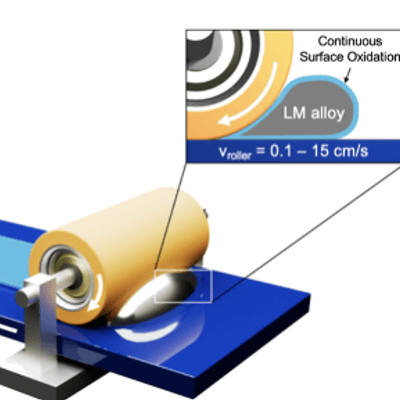
Feb 27, 2025
Thin Film Transistors
PhD students Samuel Ong, Simon Agnew, and Md Saifur Rahman, and Professor Will Scheideler co-authored "Sub-nm kinetically controlled liquid metal printing of ternary antimony indium oxide transistors" published in Matter. "Our study shows how to harness the kinetics of liquid metal oxidation to control the thickness at the single-nm scale for synthesizing 2D transparent semiconducting films with finely tuned electrostatics for thin film transistors. These ultrathin metal oxides could enable flexible electronics capable of withstanding extreme bending stress and deformation," said Scheideler.
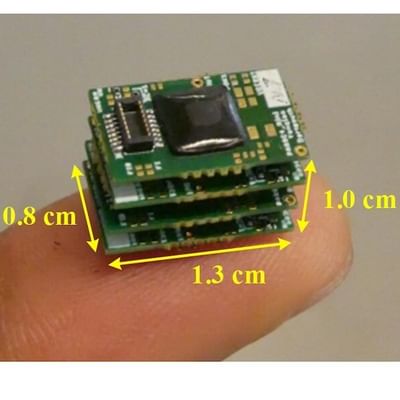
Feb 27, 2025
IEEE Predoctoral Achievement Award
PhD candidate Yanqiao Li, advised by Professor Jason Stauth, received the 2024–25 IEEE Solid State Circuits Society (SSCS) Predoctoral Achievement Award, their highest honor for PhD students, at the IEEE International Solid-State Circuits Conference (ISSCC) in San Francisco. The award recognizes Li's research on "miniaturized low-power, high-voltage step-up ratio capacitive load drivers" which enable microrobots to be fully autonomous and energy-efficient for medical, consumer, and industrial automation, as well as for haptics, printing, and ultrasound applications.
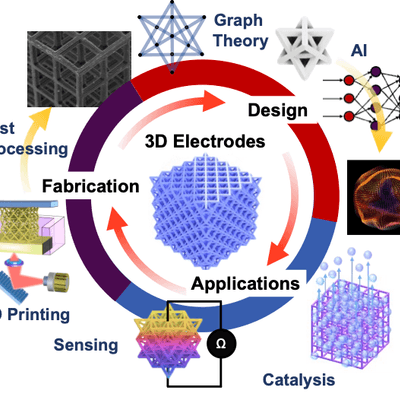
Feb 20, 2025
Design & Fabrication for Energy & Sensing
Professor Will Scheideler is co-author of "Recent Advances in 3D Printed Electrodes – Bridging the Nano to Mesoscale" published in Advanced Science. The review covers applications in energy and sensing, including emerging fabrication methods. "We report on strategies for transforming polymers into 3D architected metals and ceramics, and how the use of machine learning and artificial intelligence is changing the design of 3D-printed materials," said Scheideler.

Jan 30, 2025
IEEE Best Paper Award
PhD candidate Varsha Shukla received the Best Paper Award at the IEEE International Conference on Gender and Technology for her research: "On Addressing Bias and Fairness in Large Language Models for Responsible Innovation in Gender Contexts." This recognition highlights her contributions toward advancing gender-sensitive AI research. "Technology shapes our society in incredible ways, and ensuring fairness and equity in AI systems is critical for fostering inclusivity," said Shukla.
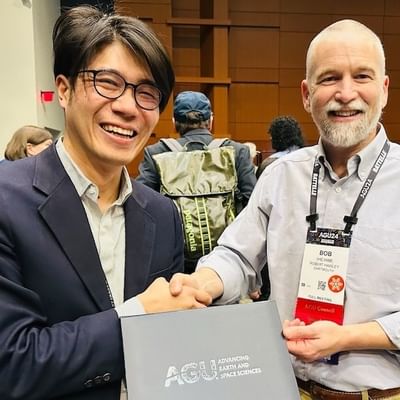
Jan 16, 2025
Cryosphere Early Career Award
Professor Yoshihiro Nakayama received the Cryosphere Early Career Award last month at the American Geophysical Union (AGU) meeting, for his work on polar oceanography and Antarctic processes. "I am deeply honored to receive this award. My work integrating observations and modeling is made possible through the extensive support and collaboration of researchers worldwide. I'm grateful for their invaluable contributions."

Dec 19, 2024
NIH Grant Supports New Tools for Neuroscience
Professor Hui Fang's research group was awarded $2.6M over five years from NIH to develop and optimize a new type of microelectrode array probe used for parallel neuromodulator sensing and electrophysiological recording. "Refining and validating this type of probe would directly enable numerous studies in both basic and translational neuroscience, would be applicable to many other devices, such as DBS and sEEG electrodes, and would also bring the technology a significant step closer to commercial manufacturing," said Fang.
